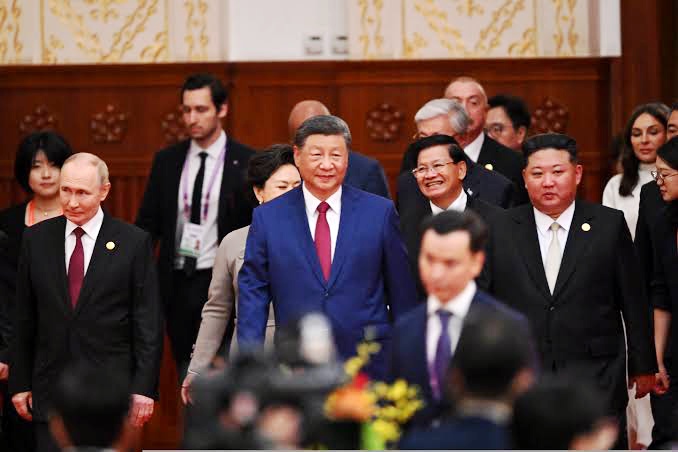Nigeria’s foreign exchange market has witnessed a new trend as more Chinese traders operating in the country are beginning to accept naira directly instead of demanding payment in dollars. This shift is being linked to the currency swap agreement between Nigeria and China, as well as the growing influence of peer-to-peer (P2P) forex trading among local businesses.
Forex operators explain that the agreement, which was first signed in 2018, allowed both the Central Bank of Nigeria (CBN) and the People’s Bank of China to facilitate trade in their local currencies by providing liquidity in naira and yuan. Although the initial $2.5 billion swap deal expired, reports suggest that it has been renewed with an estimated value of about $2 billion in late 2024. The arrangement is designed to make it easier for Nigerian importers to settle transactions directly in yuan without passing through the dollar, while Chinese traders in Nigeria can also accept naira payments for goods and services.
According to the President of the Association of Bureau De Change Operators of Nigeria (ABCON), Aminu Gwadebe, this practice is already reducing pressure on the naira in the parallel market. He explained that P2P trading, combined with the willingness of Chinese firms to accept naira for yuan, has injected more liquidity into the system. Gwadebe noted that businesses buying from China now have an alternative that avoids the dollar entirely, which in his words “makes more sense for direct trade.”
Another currency dealer, Yusuf, pointed out that while the swap deal supports bilateral trade, its impact on everyday transactions remains limited. He said Nigerians paying for school fees abroad, medical bills, or remittances still depend on dollars, pounds, or euros, since yuan is not widely available in the open market. He added that despite the official framework, many traders and suppliers still prefer the U.S. dollar because of its global acceptance.
China remains Nigeria’s largest trading partner, with imports worth over N14 trillion and exports of about N3 trillion recorded in 2024. The swap agreement was intended to strengthen investment ties, promote direct settlement in local currencies, and reduce excessive demand for the dollar. While the policy has brought some stability and reduced pressure in the foreign exchange market, experts believe its overall influence is still moderate since China accounts for only about 20% of Nigeria’s total imports.
In simple terms, the currency swap offers opportunities for businesses to reduce dollar dependency, but its effect is more visible in wholesale and corporate trade than in personal or retail forex transactions. For now, the U.S. dollar continues to dominate as the preferred currency for global transactions, but the growing acceptance of naira and yuan in trade between both countries shows a gradual shift worth monitoring.
Summary: The Nigeria–China currency swap deal, alongside the rise of peer-to-peer forex trading, is helping ease pressure on the naira by allowing direct settlements in yuan and naira. However, the U.S. dollar remains the dominant currency for everyday transactions, making the impact of the swap deal more visible in large-scale trade than in personal use.
Follow naijaheadline for breaking updates and market insights.



